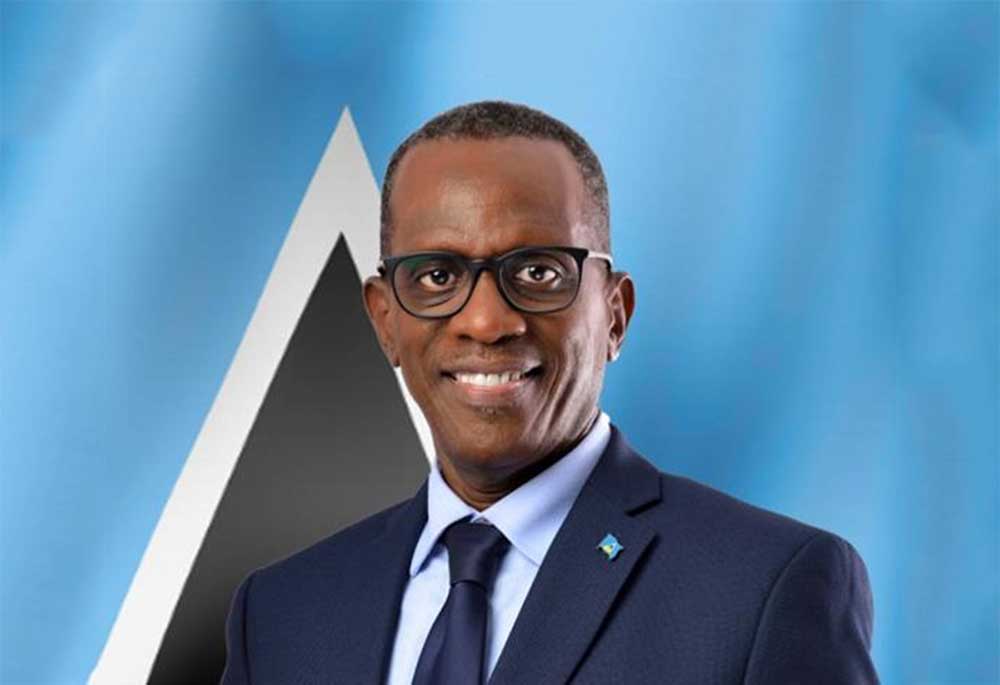
The government, led by Prime Minister Philip J. Pierre, says it acknowledges the financial challenges faced by Saint Lucians pursuing higher education. As a result, the administration is committed to empowering citizens and improving their socioeconomic status by implementing significant reforms in the education sector.
According to a report from the Office of the Prime Minister (OPM), several policies have been put in place over the past three years to enhance accessibility to higher education. The 2024/25 Budget aims to accelerate Saint Lucia’s transition toward a modernized and inclusive education system.
Here are some of the key initiatives undertaken by the government:
Unipass – Supporting First Degree Students:
The Unipass initiative provides support to individuals facing obstacles in completing their first degree. It offers up to $10,000 to cover accommodation, airfare, transport, visa processing, and tuition fees. By alleviating financial constraints, this programme increases the likelihood of students successfully completing their university courses.
Interested students can apply through the Department of Education.
First Generation Monroe College Scholarships:
Championed by Prime Minister Pierre, this initiative aims to have at least one university graduate per household. It offers 50 scholarships annually to candidates whose families have never had a university graduate.
The Human Resource Development (HRD) department and Monroe College will evaluate applications and backgrounds.
Education Loan Financing Facility:
Financed by the Caribbean Development Bank (CDB), the government has established a line of credit at the Saint Lucia Development Bank (SLDB). This facility benefits students from disadvantaged backgrounds who qualify for university but cannot secure regular loan financing.
The government guarantees the loan, eliminating the need for collateral. Repayment begins several months after graduation.
School Rehabilitation:
In the Year of Infrastructure, the government plans to invest $22.5 million to restore and rehabilitate 16 public schools across Saint Lucia. The goal is to create safe, secure, and comfortable learning environments for students.
Embracing Technology in Education:
Recognizing the impact of global technological advancements, the administration has reinstated the One Laptop per Child Policy. Every secondary school student will receive a new laptop device.
Additionally, 20 smart classrooms have been commissioned since July 2021 through the Caribbean Digitization Transformation Project, ensuring students are well-equipped for the digital world.
Early Childhood Education Support:
Registered early childhood (Pre-K) schools in Saint Lucia will receive a lump sum grant of $2,500 to assist with purchasing school supplies for the 2024/25 academic year.
Nine early childhood classrooms have been upgraded with state-of-the-art amenities and technology, creating conducive learning environments for young learners.
Technical and Vocational Education and Training (TVET):
The government is transforming four secondary schools into TVET institutions to support the next generation of creatives, technicians, and trade workers.
The Stanley Jon Odlum Secondary School will focus on Arts, Media, and Design; the Grande Riviere Secondary School on Sustainable Agriculture, Culinary Arts, and Entrepreneurial Services; the Anse Ger Secondary School on Engineering and Technology; and the Piaye Secondary School on Construction and Heritage.
Support for Teachers:
Recognizing the crucial role of teachers, the 2024/2025 budget policy addresses the enhancement of the Principal Assistants Programme. A $1.18 million allocation will be used to recruit principal assistants for 31 primary schools and $550,000 for eight Mathematics specialists to support 16 schools.
Additionally, every teacher this year will receive an extra $600 on top of the customary $800 allowance, with hundreds of permanent and temporary teachers receiving $1,400 for the 2023/24 academic year. These measures ensure teachers have the resources needed to deliver quality instruction.
Impacts
The OPM statement adds that, these transformative initiatives are poised to significantly uplift socio-economic conditions across Saint Lucia in the long run. By removing financial barriers and enhancing the quality of education, the government is empowering individuals to break the cycle of poverty and elevate their socio-economic status.
An educated populace is not only more capable of critical thinking but also better equipped to drive innovation, foster sustainable development, and contribute meaningfully to national progress. As more citizens gain access to higher education and advanced skills, Saint Lucia stands to benefit from a more knowledgeable and skilled workforce, capable of addressing the challenges of the future and ensuring long-term national prosperity.













